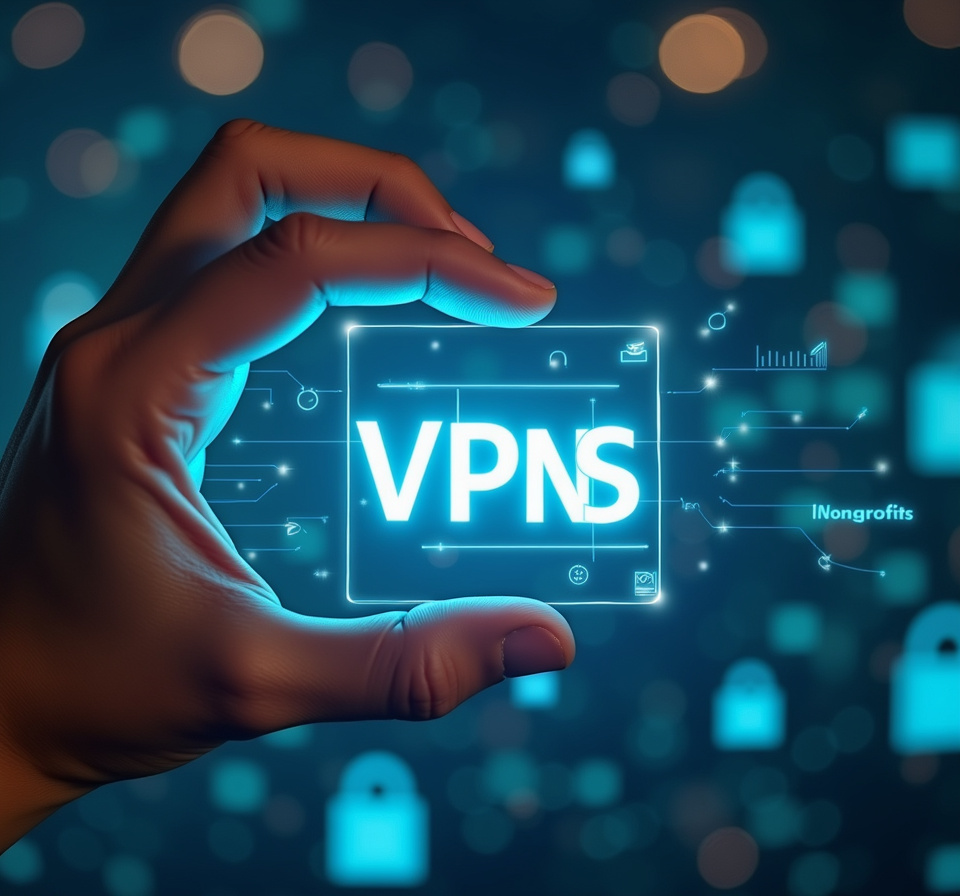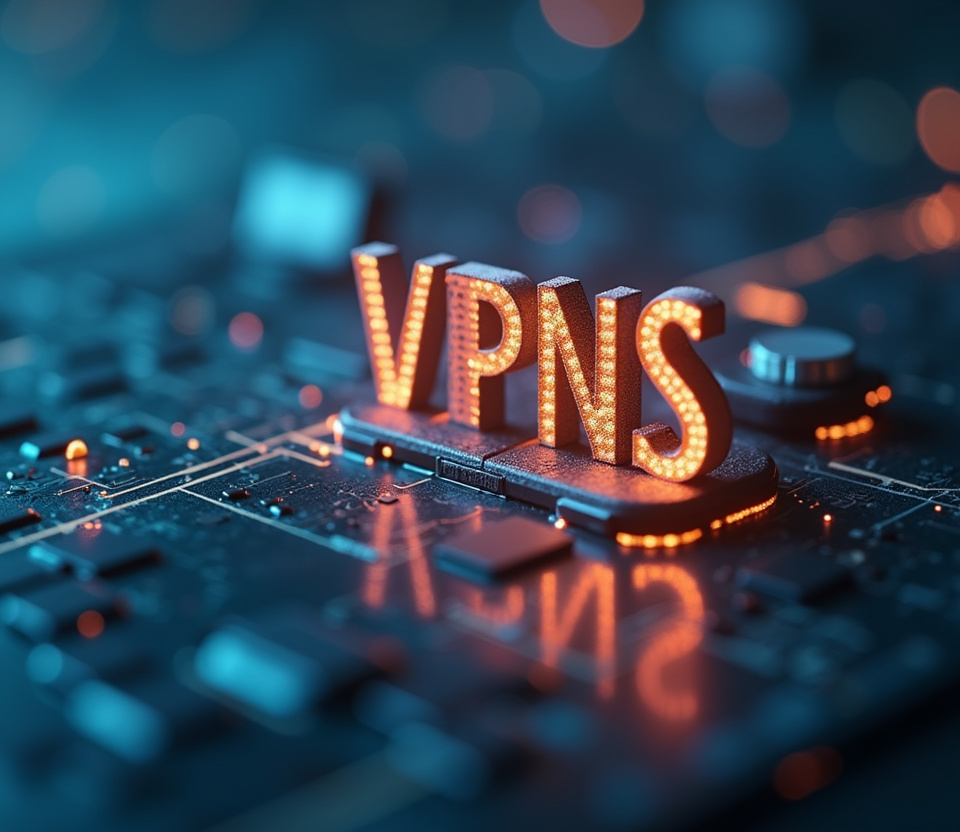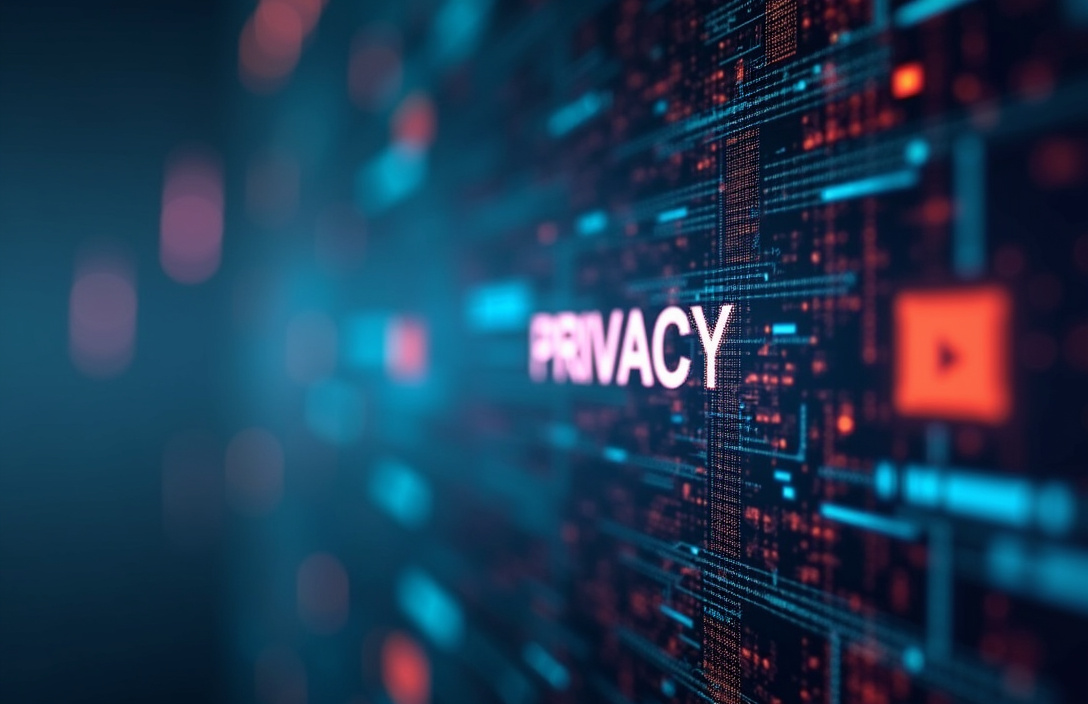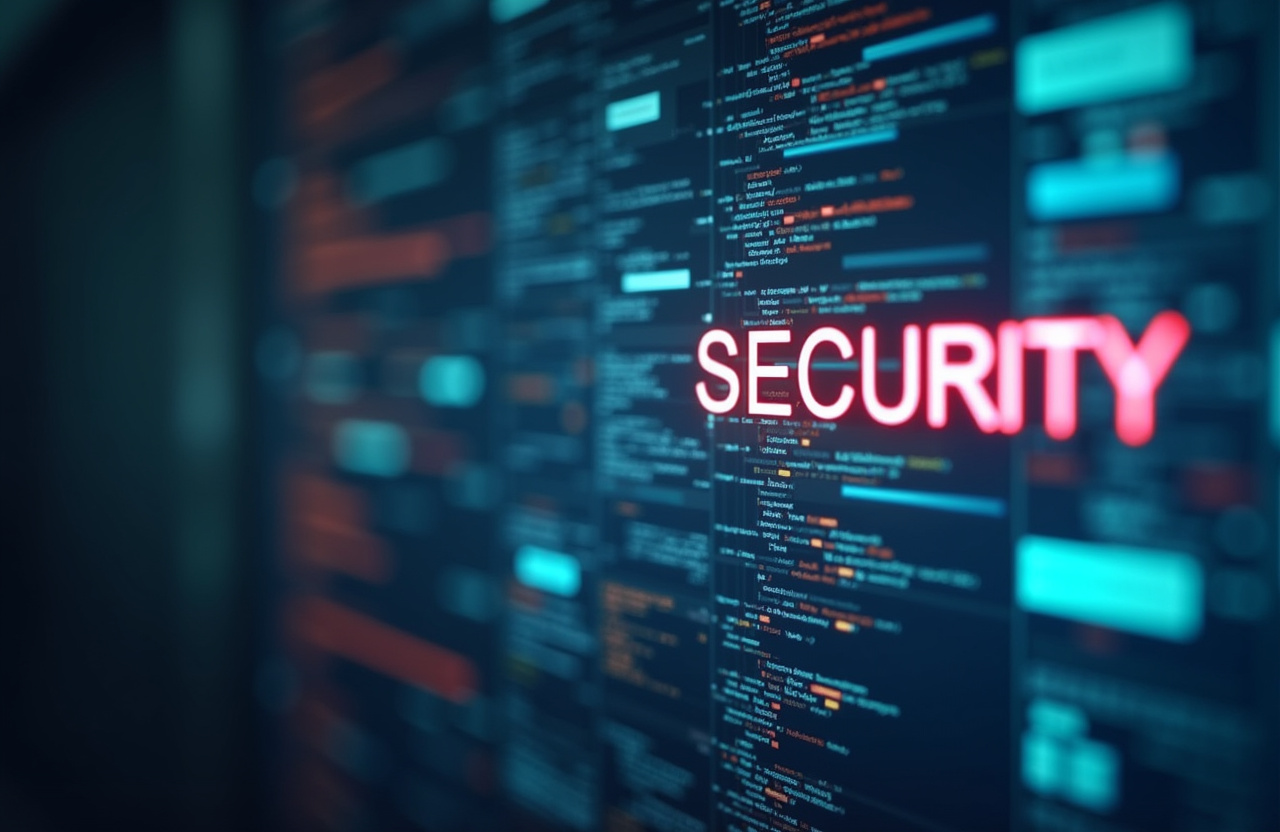VPNs for Non-Profits: Safeguarding Donor Information
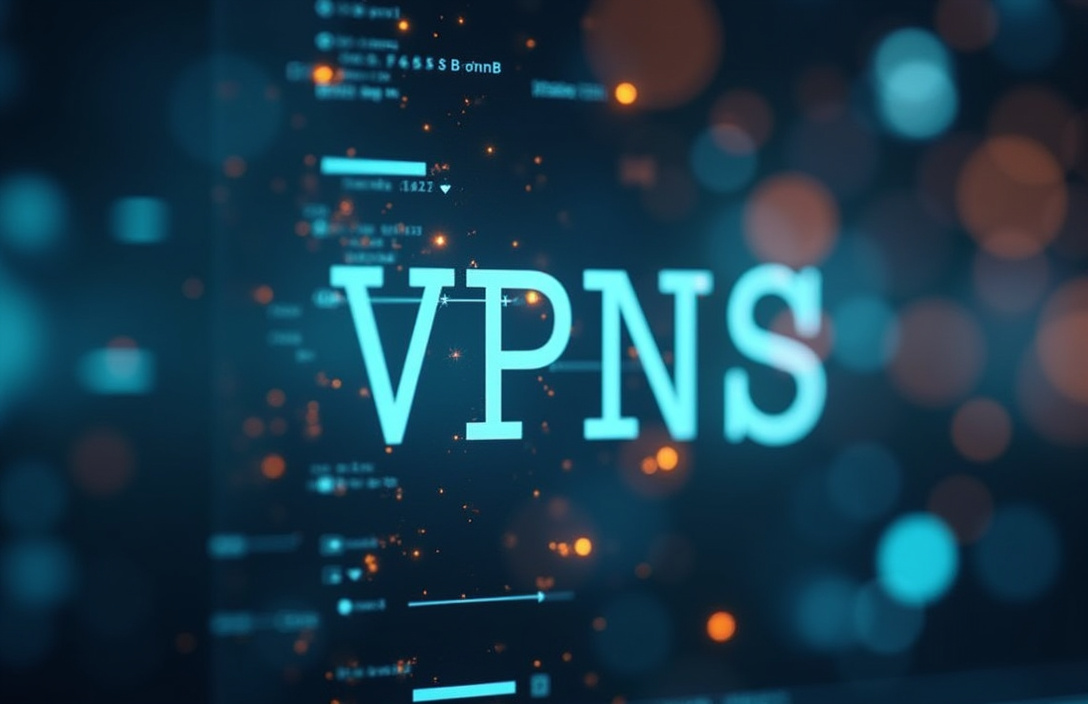
Table of Contents
data protection
In an era where digital presence is paramount, non-profit organizations (NPOs) and non-governmental organizations (NGOs) are increasingly reliant on online platforms to connect with donors, manage campaigns, and handle sensitive financial data. This digital transformation, while offering unparalleled opportunities for outreach and fundraising, also exposes them to a myriad of cybersecurity threats that can compromise donor information security, disrupt essential operations, and erode public trust. Securing donor data is not merely a legal obligation but a fundamental ethical responsibility, as it directly impacts the financial well-being and privacy of individuals who generously support the organization's mission.
A comprehensive cybersecurity strategy is not just a technical requirement but a crucial element for maintaining operational continuity, fostering donor confidence, and safeguarding the integrity of the non-profit's brand. Addressing vulnerabilities and establishing a robust strategy for is therefore an issue of significant importance. Donor data, encompassing not just financial data but also personal information such as names, addresses, email addresses, donation histories, contact information and even demographic data, is inherently sensitive.
Given that such data can be exploited for identify theft, financial fraud, and other malicious activities, it’s important to protect it from cyber threats such as network breaches, attacks, and phishing scams to uphold the commitment to donors and maintain ethical standards. Data breaches can inflict devastating consequences on non-profits for a number of reasons, including financial difficulties, reputational ruin, legal liability, and regulatory penalties. Furthermore, data breaches significantly undermine donor confidence which leads to lower donations and a decline in support for the organization's mission.
Therefore, non-profits must pro-actively secure their donor information, including implementing robust security measures. This may include encryption protocols, regular updating of software, conducting security audits and penetration tests, cybersecurity best practices training staff, and investing in reliable and efficient resources like VPNs. One of the most effective tools for enhancing data protection in the non-profit sector is a reliable .
A secure connection is created when a user uses a VPN to access the intended destination. VPN providers can encrypt and authenticate this reliable connection using different encryption methods, protocols, and security features with a varying degree of effectiveness. As a result, there are increasing benefits that are realized when organizations make the transition to a non-profit VPN including operational efficiency, compliance with data protection regulations, and the safeguarding of confidential information.
The need to ensure the protection of donor data by non-profits has become more apparent. In a digital context with constant cyber threats, non-profits must retain a watchful cybersecurity posture to maintain the integrity of donor data and organizational reputation. In this environment, a VPN for non-profits needs to be an end-to-end complete security system that is robust and provides strong security protocols.
A key aspect of protecting donor information is encryption, converting readable data to an unreadable format, decipherable solely by the encryption key. Encryption keeps sensitive data safe from illegal access during transmission or at rest. For instance, financial details are transmitted over the internet to the non-profit’s payment gateway when a donor makes an online donation.
Without encryption, this information will be illegally taken and used for fraudulent activity. Therefore, non-profits should consider implementing end-to-end encryption by ensuring the use of HTTPS, which is a secure version of HTTP that encrypts the data sent between the non-profit website and the donor browser. Non-profits should also ensure the use of Transport Layer Security (TLS) or Secure Sockets Layer (SSL) protocols to encrypt email communications and file transfers by using secure email and secure file sharing solutions.
VPN for NGOs
Beyond securing communications, the advantages of using a extend considerably. NGOs usually manage sensitive data relating to volunteers, beneficiaries, and partner organizations. Given that this data is often shared across multiple locations and multiple devices, it is susceptible to unauthorized illegal access and hacking.
Regardless of the location or the type of device, a VPN can establish a secure and encrypted connection between all communications, allowing NGOs to maintain control over their data. This is particularly relevant for NGOs that are present in regions with limited access to internet connectivity. A VPN will let NGOs avoid internet monitoring allowing them to gain access to blocked websites and social media platforms which they might otherwise not be able to access.
This is essential to promote activism, and gain and disseminate support, helping to facilitate and advocate for human rights. The which arises from the use of a VPN can protect the integrity of the work undertaken by NGOs. Further, a VPN provides a level of protection to NGO staff and volunteers in environments where there are credible threats of intimidation, violence or penalties.
For instance, a VPN may be essential for an anti-corruption NGO in a country where levels of corruption and government interference are prominent. It supports the safe delivery of crucial organizational objectives. Also, concealing the IP address of NGO staff can ensure that corrupt officials are unable to identify them.
In addition to protecting beneficiary and donor data, a VPN can improve the non-profit organization’s overall security posture by encrypting and anonymizing. By transferring and directing internet traffic via secure encrypted tunnels, a VPN stops cybercriminals from obtaining data such as passwords, sensitive communications and other financial details. This protects the non-profit from malware infections and similar cyber-attacks.
The use of a VPN helps non-profits comply with the data privacy regulations of GDPR and the California Consumer Privacy Act (CCPA), which need companies to employ important security procedures that protect individual data from unauthorized access, use, or disclosure. By providing a secure means of encryption, anonymity, and reliable access to online resources, with high standards for privacy and security, VPNs ensure compliance for non-profits. In addition to anonymity and encryption, VPNs have a myriad of security features like a kill switch that protects against VPN connection drops.
VPNs can guarantee the safety of sensitive data by preventing it from being transmitted over unencrypted connections. Non-profits utilize VPNs to provide protection against Domain Name System (DNS) leaks, which may reveal a user’s IP address when they use a VPN. To resolve this, non-profits can implement a VPN incorporating built-in DNS leak protection.
When choosing a VPN, non-profits should take into account factors such as privacy policies, the costs, security features, reliability, and the number of servers, and also the VPN’s speed. Picking a VPN provider that has a strong reputation to ensure privacy is vital.
non-profit VPN
The implementation of a is more than just a technical upgrade; it’s a strategic investment that directly contributes to and long-term sustainability. Donors are increasingly discerning about where they allocate their charitable contributions, and they expect organizations to demonstrate a strong commitment to protecting their personal information. A non-profit that prioritizes and transparently communicates its cybersecurity practices will be better positioned to attract and retain donors in the long run.
Demonstrating a commitment to not only safeguards sensitive information but also fosters a culture of security within the organization. When employees are trained on cybersecurity best practices and understand the importance of using a VPN, they become active participants in protecting the organization's assets. This can lead to a more secure and resilient organization that is better equipped to withstand cyberattacks.
Moreover, a strong cybersecurity posture can enhance the non-profit's reputation and credibility. In today's interconnected world, news of data breaches and cyberattacks spreads quickly, and organizations that have experienced such incidents can suffer significant reputational damage. By investing in a VPN and other cybersecurity measures, non-profits can demonstrate to their stakeholders that they take data protection seriously and are committed to safeguarding their privacy.
Transparency is key when communicating cybersecurity practices to donors. Non-profits should clearly articulate the steps they are taking to protect donor information, including the use of a VPN, encryption protocols, and other security measures. This can be done through the organization's website, newsletters, and other communication channels.
Providing donors with clear and concise information about cybersecurity practices can help build trust and confidence. For instance, a non-profit could publish a data privacy policy that outlines the types of data it collects, how it uses that data, and the security measures it has in place to protect it. The policy should be written in plain language and easily accessible to donors.
In addition to transparency, non-profits should also seek independent verification of their cybersecurity practices. This can be done through security audits and penetration tests conducted by reputable cybersecurity firms. These assessments can identify vulnerabilities in the organization's systems and provide recommendations for improvement.
Sharing the results of these assessments with donors can further demonstrate a commitment to data protection. To maximize the benefits of a non-profit VPN, organizations should integrate it into their overall cybersecurity strategy. This includes developing and implementing cybersecurity policies and procedures, providing training to employees, and regularly monitoring and testing security controls.
A VPN should be viewed as one component of a comprehensive approach to data protection. Furthermore, non-profits should stay informed about the latest cybersecurity threats and trends. The threat landscape is constantly evolving, and organizations must adapt their security measures to stay ahead of the curve.
This can be done by subscribing to cybersecurity newsletters, attending industry conferences, and consulting with cybersecurity experts. By staying informed and proactive, non-profits can minimize their risk of falling victim to cyberattacks. Securing donor information with a non-profit VPN is not a one-time task but an ongoing process.
Organizations must continuously monitor their systems, update their security measures, and adapt to the evolving threat landscape. By making data.
VPN for NGOs
Choosing the right involves careful consideration of several factors to ensure it aligns with the organization's specific needs and resources. Cost is often a significant constraint for non-profits, so it's essential to explore VPN options that offer affordable pricing or discounted rates for non-profit organizations. Some VPN providers may offer free or reduced-cost licenses to eligible non-profits, while others may provide volume discounts for larger organizations.
It's crucial to compare pricing models and features to find the best value for the organization's budget. However, cost shouldn't be the sole determining factor; security, privacy, and reliability should also be prioritized. A cheap VPN that lacks essential security features may ultimately pose a greater risk to than a more expensive option.
Another critical factor to consider is the VPN's security features. The VPN should offer strong encryption protocols such as AES-256, which is widely regarded as the industry standard for data encryption. It should also provide a kill switch to prevent data leaks if the VPN connection drops and DNS leak protection to prevent the user's IP address from being exposed.
Furthermore, the VPN provider should have a strict no-logs policy, meaning that it does not collect or store any data about user activity. This is essential for protecting the privacy of donors and beneficiaries. The VPN's privacy policy should be transparent and easily accessible, outlining the types of data the provider collects and how it uses that data.
Non-profits should also consider the VPN's server network. A VPN with a large server network allows users to connect to servers in different locations around the world, which can be useful for bypassing geographic restrictions and accessing content that may be blocked in certain countries. However, a larger server network isn't always better; the quality and security of the servers are more important than the quantity.
The VPN provider should own and manage its servers rather than relying on third-party hosting providers, as this can increase the risk of security breaches. Additionally, the VPN provider should have servers located in countries with strong data privacy laws. The VPN's speed and reliability are also important considerations.
A slow or unreliable VPN can disrupt operations and hinder productivity. Non-profits should look for a VPN that offers fast connection speeds and has a reputation for stability. It's also important to test the VPN's performance in different locations to ensure it meets the organization's needs.
User-friendliness is another key factor, particularly for non-profits with limited technical expertise. The VPN should have a simple and intuitive interface that is easy to use, even for non-technical users. The setup process should be straightforward, and the VPN should offer clear instructions and helpful documentation.
Additionally, the VPN provider should offer responsive customer support to assist users with any questions or issues they may encounter. Before making a final decision, non-profits should conduct thorough research and read reviews from other users. It's also a good idea to try out a few different VPNs using their free trials or money-back guarantees.
This allows the organization to get a feel for the VPN's performance and features before committing to a long-term subscription. It helps to test it in different environments and locations that will be used by your team to test for various issues.
non-profit VPN
In conclusion, implementing a is a crucial step for safeguarding and enhancing the overall cybersecurity posture of non-profit and non-governmental organizations. By encrypting internet traffic, masking IP addresses, and providing secure access to online resources, a VPN can protect sensitive data from interception, prevent cyberattacks, and ensure compliance with data privacy regulations. The benefits of using a VPN extend beyond just security; it also fosters among donors, strengthens the organization's reputation, and enables secure communication and collaboration across multiple locations.
A VPN plays a vital role in maintaining operational efficiency and safeguarding the confidentiality of sensitive communications. The rise of remote work and distributed teams within the non-profit sector has further amplified the need for secure communication channels. With staff and volunteers accessing organizational resources from various locations and devices, the risk of data breaches and unauthorized access increases significantly.
A VPN provides a secure and encrypted connection for all communications, regardless of location or device, ensuring that sensitive data remains protected. This is particularly important for non-profits that operate in regions with limited internet infrastructure or restrictive internet censorship policies. A VPN can help these organizations bypass censorship, access blocked websites, and communicate securely with their stakeholders.
A key consideration when implementing a VPN is to ensure that all employees and volunteers are properly trained on how to use it effectively. The VPN should be integrated into the organization's cybersecurity policies and procedures, and employees should be instructed on when and how to connect to the VPN. Regular training sessions and reminders can help reinforce the importance of using the VPN and ensure that everyone is aware of the organization's security protocols.
Furthermore, non-profits should conduct regular security audits to assess the effectiveness of their VPN implementation and identify any vulnerabilities that may need to be addressed. These audits should include penetration testing to simulate real-world attacks and identify potential weaknesses in the organization's security defenses. Any vulnerabilities identified during the audits should be promptly addressed and corrected.
Another important aspect of VPN implementation is to ensure that the VPN is compatible with the organization's existing infrastructure and software. The VPN should seamlessly integrate with the organization's operating systems, applications, and devices. Compatibility testing should be conducted before deploying the VPN to ensure that there are no conflicts or performance issues.
In addition to a VPN, non-profits should also consider implementing other security measures to further protect donor information and enhance their overall cybersecurity posture. These measures may include multi-factor authentication, intrusion detection systems, and regular data backups. A comprehensive cybersecurity strategy should be tailored to the organization's specific needs and risks.
Finally, non-profits should stay informed about the latest cybersecurity threats and trends. The threat landscape is constantly evolving, and organizations must adapt their security measures to stay ahead of the curve. By subscribing to cybersecurity newsletters, attending industry conferences, and consulting with cybersecurity experts, non-profits can ensure that they are well-prepared to defend against emerging threats.
By combining a robust non-profit VPN with other essential security measures, non-profits can strengthen their protocols, build trust with their donors, and ensure the long-term sustainability of their mission. The implementation of a VPN and the development of a cybersecurity strategy are not merely technological upgrades but strategic investments that showcase a commitment to ethical conduct, accountability, and the safeguarding of donor interests, ultimately solidifying the organization's position as a trusted and responsible steward of charitable resources.
Stay Updated
Get the latest VPN news, tips, and exclusive deals to your inbox.

